Research shows that black parents are more than twice as likely as white and Latino parents to use corporal punishment on a regular basis, and they are far less likely to never spank their children. But while hitting children is prevalent in black communities, contrary to popular belief, it is not an intrinsic cultural tradition to which members of the child welfare professionals should capitulate for the sake of demonstrating cultural competency. Black parents have legitimate fears about the safety of their children, and an overwhelming majority believe physical discipline is necessary to keep black children out of the streets, out of prison, or out of cops’ line of vision. Black parents who hit their children not only risk catching the attention of child protective services which are over-concentrated in communities of color, but also having their children placed in foster care, which is a pipeline to the juvenile justice system and other types of traps that disproportionately impact black youth. This workshop is designed to educate professionals, parents, clergy, law enforcement officials and advocates about the rise of mass incarceration and its impact on communities of color and their parenting practices. The audience will explore strategies that parents can protect, care for, and love black children in ways that don’t help facilitate the flow of our young people through racist systems, but supports healthy development and success later in life.

Author: Spare The Kids
Understanding the Rise of Digi-Punishment in African American Communities
This workshop will examine the growing trend of parents publicly beating and shaming their children by posting pictures or videos of their discipline tactics on popular social media sites. For example, a YouTube search yields more than 30,000 matches for child-shaming videos. Dr. Stacey Patton will discuss the cultural phenomenon behind why digi-punishment is seen as a creative form of discipline in African American communities. She will also examine the long-term effects that cyber-shaming has on a child’s brain development and emotional health, and how it places children at risk for being bullied at school and abused by child predators who seek out insecure kids with low self-esteem. The audience will brainstorm ways to educate parents about the dangers of digi-punishment, discuss what the role of law enforcement and child protective services should be in protecting children from this kind of abuse, and explore positive ways to encourage parents to use alternative forms of discipline.
Beyond Secrets: Navigating the Challenges of Adoption and Adoption Reunions
This workshop will examine two controversies: open vs. closed adoptions and their impact on adopted children and their families, and the legal issues and concerns around allowing adult adoptees the right to access their birth records. Dr. Stacey Patton blends the power of her first-hand experience as an adoptee with powerful research and media coverage as various states grapple with the possibilities and challenges of changing legislation. Dr. Patton will also address the emotional turmoil surrounding the reunion process and discuss the need for appropriate counseling that will help adoptees, adoptive families and biological families more effectively navigate the process of reconnecting and managing expectations.
Step Into My Shoes: Growing Up in Foster Care
Direct care providers face many hurdles when trying to effectively communicate with the youth they serve. This unique and dynamic workshop will address those obstacles through the personal testimony of Stacey Patton who takes the audience on a journey through the eyes and emotions of a child in foster care. Youth participants are able to have their experiences validated while being inspired to polish their own communication skills and learn how to constructively work within the system. Likewise, direct care providers and other participants will gain insights into the unique challenges and emotional dynamics experienced by young people in foster care.
Safe Sanctuaries: Working with African American Clergy to Reduce Racial Disparities in Child Abuse
Historically, the African-American church has preached the gospel of “spare the rod, spoil child.” This message has reached far beyond the pulpit and is often used to support the culture of family violence. This workshop is designed for faith-leaders of all backgrounds to examine religious texts and the impact on culture and family values as they relate to physical discipline of children. The richness and value of this unique workshop is that it will fully engage participants in a guided discussion where scripture, beliefs and the power of the pulpit are examined in relation to how faith leaders can change the culture of black family violence. Faith leaders have unprecedented influence and power in black communities. Fully engaging them in this discussion is a vital first step in working to change the conversation on physical discipline and the culture of family violence.
Express Yourself! A Communications Workshop for Youth in Care
This workshop helps teens in care find the power of their voice through art and journaling. It will also help young people begin the process of building confidence in expressing themselves in positive and constructive ways. The focus is on interactive exercises that help break down barriers to writing and other forms of effective communication between foster youth and adult care providers. Likewise, art exercises are also used to help participants overcome barriers to writing. Young people will learn to use writing as a tool to channel their feelings, to develop creative thinking, and to use the written word as a source of empowerment as they navigate the foster care system. Express Yourself is also designed to incorporate participation from counselors and advocates serving foster teens. Adult participants will learn to better understand and communicate with the youth they serve.
Aging Out: How to Heal and Thrive in Life After Foster Care
Foster youth tend to make up stories about themselves based on how parents, teachers, and others have treated them in the past. These beliefs get hardwired into the brain and they end up believing them as if they are absolute truths rather than ideas that were put into their mind. Youth then end up organizing their sense of self-worth and experiences around these beliefs so that they become the filter through which they see themselves, react to situations, and interact with others.
This workshop is designed to show how after a childhood of abuse, neglect, loss, grief, trauma, stress and anxiety, anger and resentment, struggle, pain and poverty, tears, heartbreaks, self destructive thoughts and behaviors, young people aging out of foster care can begin let go of all that, find their voice, and step into their own power to get what they want from life. Dr. Stacey Patton talks with youth about changing the stories they tell about themselves, how to stop repeating the same old stories so they can become their best self.
.
The Historical Roots of Corporal Punishment in African American Communities
The goal of this workshop is to examine the ways in which corporal punishment is discussed and regarded in black families and communities. It is designed to address the deeply rooted cultural attachment to physical discipline as an appropriate and effective parenting tool. The workshop incorporates some examples drawn from popular culture as well as African-American history, sociological studies, new media, social networking, psychological research and personal testimonies. This workshop will connect the current conversation and controversy about physical discipline to the historical roots of plantation violence and post-slavery dynamics. All participants will gain new perspectives on the topic and increase their cultural awareness and sensitivity and share best parenting practices that do not involve physical punishment.
Culturally Diverse Families & Child Maltreatment: Effective Work on a Sensitive Issue
Discussing suspected maltreatment with children and families can be difficult and painstaking. Conversations often become more complicated when the professional and family come from different cultural groups. This workshop led by Dr. Lisa Fontes provides concrete examples and advice for conducting child abuse interviews in ways that welcome diverse families, and elicit the most accurate information possible. This workshop is relevant for all professionals in the field, whatever your context. Examples will be included from diverse cultures.
 Lisa Aronson Fotes, PhD, works to make mental health, social service, and criminal justice systems more responsive to culturally diverse people. She is the author of the books: Invisible Chains: Overcoming Coercive Control in Your Intimate Relationship, Interviewing Clients Across Cultures: A Practitioner’s Guide, and Maltreatment and Violence Against Women. She has worked as a family, individual, and group psychotherapist, and has conducted research in Santiago, Chile, and with diverse people in the United States. Dr. Fontes is fluent in Spanish and Portuguese. She is a popular conference speaker and workshop facilitator, and blogs for publications including The Huffington Post and PsychologyToday.com. Dr. Fontes completed a Fulbright Foundation Grant in Buenos Aires, Argentina. As a volunter, Dr. Fontes has worked with Somali refugees and with homeless children in Massachusetts.
Lisa Aronson Fotes, PhD, works to make mental health, social service, and criminal justice systems more responsive to culturally diverse people. She is the author of the books: Invisible Chains: Overcoming Coercive Control in Your Intimate Relationship, Interviewing Clients Across Cultures: A Practitioner’s Guide, and Maltreatment and Violence Against Women. She has worked as a family, individual, and group psychotherapist, and has conducted research in Santiago, Chile, and with diverse people in the United States. Dr. Fontes is fluent in Spanish and Portuguese. She is a popular conference speaker and workshop facilitator, and blogs for publications including The Huffington Post and PsychologyToday.com. Dr. Fontes completed a Fulbright Foundation Grant in Buenos Aires, Argentina. As a volunter, Dr. Fontes has worked with Somali refugees and with homeless children in Massachusetts.
Physical Abuse, Discipline & Culture
This presentation led by Dr. Lisa Fontes explores the delicate and controversial line between corporal punishment and physical abuse, and how ethnic culture influences our work on these issues. Participants will learn practical techniques for helping families from all groups reduce their use of violent parenting with their children. Examples will be drawn from African American, European American, Somali, Latino, Asian, religious, and military families.
 Lisa Aronson Fotes, PhD, works to make mental health, social service, and criminal justice systems more responsive to culturally diverse people. She is the author of the books: Invisible Chains: Overcoming Coercive Control in Your Intimate Relationship, Interviewing Clients Across Cultures: A Practitioner’s Guide, and Maltreatment and Violence Against Women. She has worked as a family, individual, and group psychotherapist, and has conducted research in Santiago, Chile, and with diverse people in the United States. Dr. Fontes is fluent in Spanish and Portuguese. She is a popular conference speaker and workshop facilitator, and blogs for publications including The Huffington Post and PsychologyToday.com. Dr. Fontes completed a Fulbright Foundation Grant in Buenos Aires, Argentina. As a volunter, Dr. Fontes has worked with Somali refugees and with homeless children in Massachusetts.
Lisa Aronson Fotes, PhD, works to make mental health, social service, and criminal justice systems more responsive to culturally diverse people. She is the author of the books: Invisible Chains: Overcoming Coercive Control in Your Intimate Relationship, Interviewing Clients Across Cultures: A Practitioner’s Guide, and Maltreatment and Violence Against Women. She has worked as a family, individual, and group psychotherapist, and has conducted research in Santiago, Chile, and with diverse people in the United States. Dr. Fontes is fluent in Spanish and Portuguese. She is a popular conference speaker and workshop facilitator, and blogs for publications including The Huffington Post and PsychologyToday.com. Dr. Fontes completed a Fulbright Foundation Grant in Buenos Aires, Argentina. As a volunter, Dr. Fontes has worked with Somali refugees and with homeless children in Massachusetts.
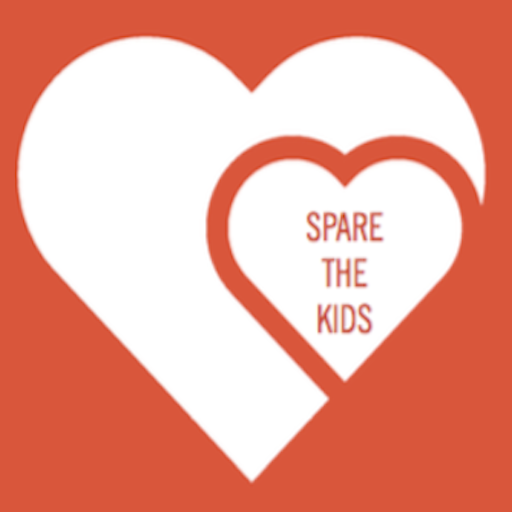



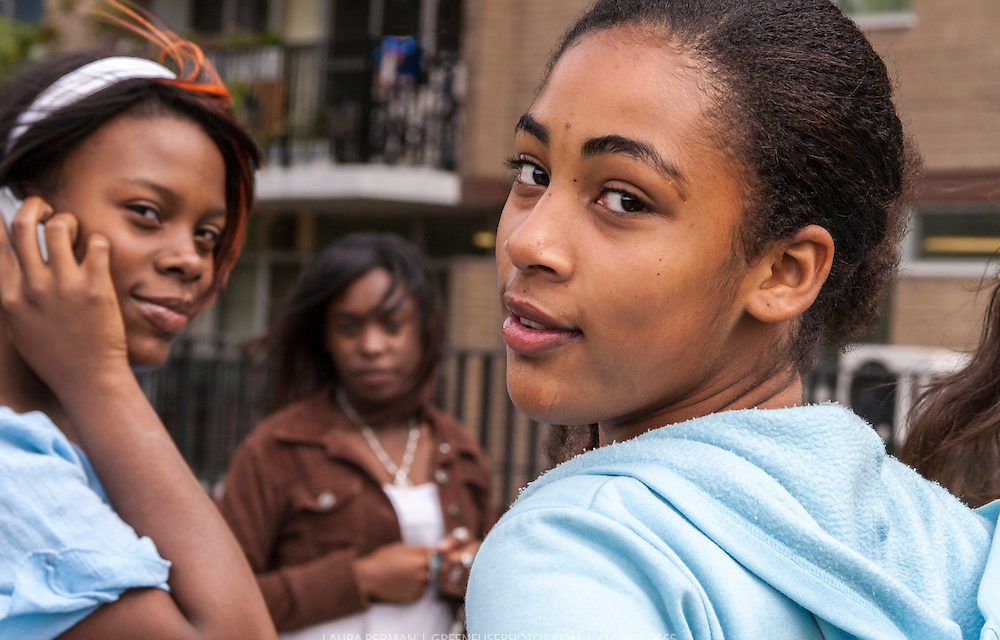


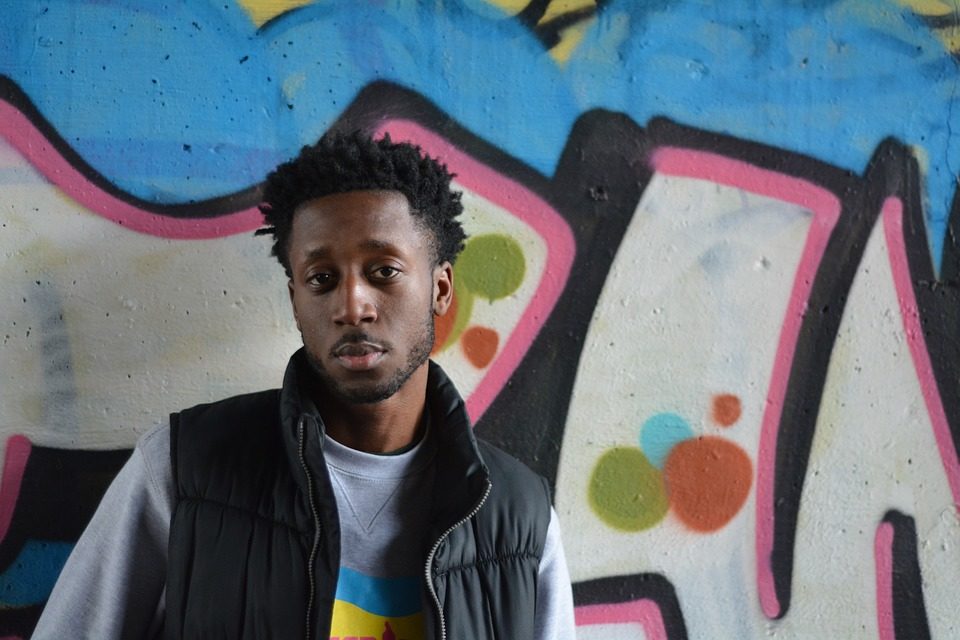
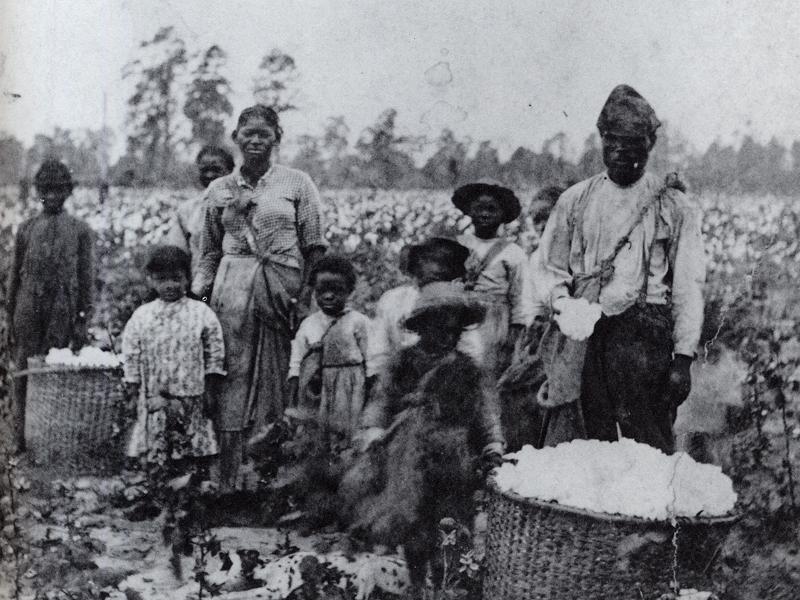

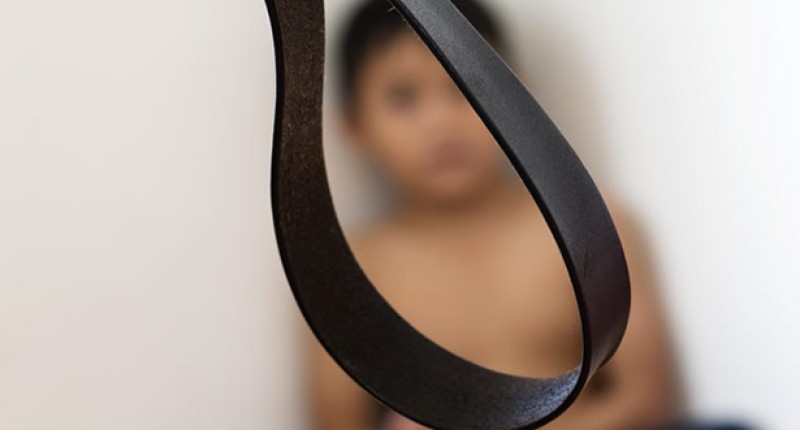
Recent Comments